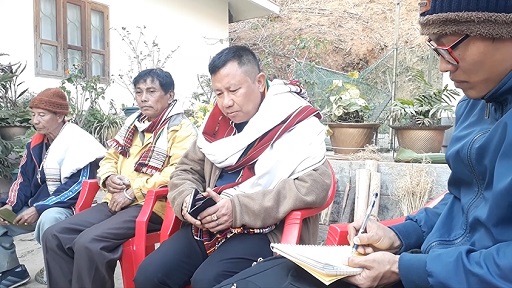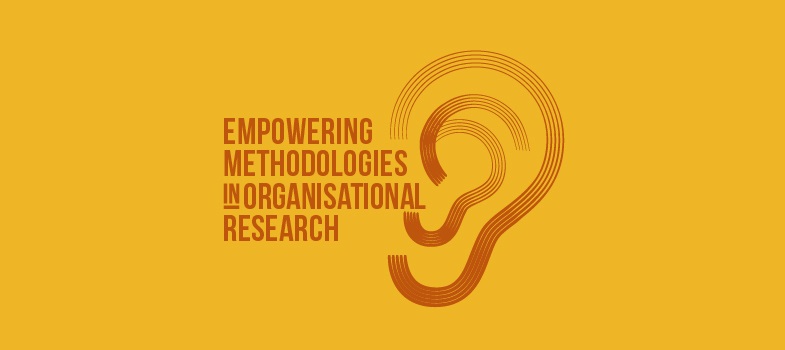Stories from the field
Guangpuanang Kahmei: feeling empowered by the Naga people of the Langthabal region
As introduced in the previous story from the field, Guangpuanang Kahmei [Tip: hold Ctrl and click a link to open it in a new tab. (Hide tip)] , a researcher on the project team, studied with the Naga people in Rongmei village. In this except from Guangpuanang’s research diary, he discusses his feelings about gaining access and building trust in communities in the region and culture where he grew up, but has not lived in for several years, since moving interstate for his education:
The people I encounter in the Langthabal Chingkha are simply amazing. The way they give respect to us is one I can never forget which I do not deserve at all. I feel like I’m already apart of their community during my short stay with them.
Originally, I was planned to have a small interview with some elders there and my intention is not to have a group discussion but to observe their cultural activities. But when I reached the field, I change my mind. With the good cooperation of the elders, we successfully conducted the storytelling session.
The way they treated us and the way they talked with us, how they used the words is simply amazing. Even the elders treated us as par, they never hesitate to share their Morung and their cup (food and wine). When we pass through the village, whoever we meet in the way irrespective of young and old talk to us with politeness, this practice is not just to the known person in the village but to any person within the village gate. Because of this reason, everyone knows everybody (where they live and what they do including their relatives) in the neighbourhood not just in their village but also in the neighbouring village (that’s why it is very easy to find the person if we know the person name). They have no reservation telling what they knew even to the stranger like us. What I saw in that village is an overwhelming experience altogether. When we are to go back some elders drop us to the village gate. After saying goodbye to each other when we walked down the road one of my friends say to me, ‘My Christian village will not know how to treat others like that, if they come to our village, we will not be able to welcome them as they do.’ Their humility, their politeness in their talk, in their conduct, if at all is respected and known by all one will not hesitate to say that they are the most civilized people in the world.
Activity
Guangpuanang’s diary
Based on your reading of Guangpuanang’s diary entry and having watched the film below, make your own notes in response to the following questions:
- How important is it to understand a community’s (religious) beliefs to know their people?
- What difference does it make for the researcher’s understanding and immersion to join community events instead of scheduling formal interviews with participants?
- What do you think are the moral dilemmas that an empowering researcher faces when participating in community routines and rituals? To help you answer this, you could refer to your answers in the previous story from the field about what you would and would not participate in.

We recommend that you keep notes of your answers to these questions so you can return to them during the course.
Recommended reading
Bell, E. and Willmott, H. (2019) ‘Ethics, politics and embodied imagination in crafting scientific knowledge’, Human Relations (in press). Available at: http://oro.open.ac.uk/ 62673/ (accessed 1 October 2019).
Cunliffe, A.L. (2011) ‘Crafting qualitative research: Morgan and Smircich 30 years on’, Organizational Research Methods, 14(4): 647–73. Available at: https://pmt-eu.hosted.exlibrisgroup.com/ permalink/ f/ gvehrt/ TN_sage_s10_1177_1094428110373658 (accessed 1 October 2019).
Hendry, P.M., Mitchell, R.W. and Eaton, P.W. (2018) Troubling Method: Narrative Research as Being, New York, NY: Peter Lang.
Empowering research practices
